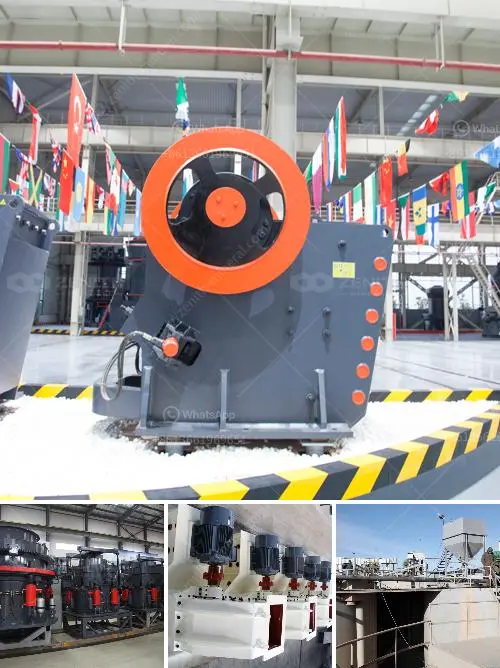When considering whether to outsource or conduct in-house crushing for small quarries, it's important to evaluate several factors that can influence cost savings and overall business efficiency. Here are key considerations:
-
Initial Investment:
- In-House Crushing: Establishing in-house crushing requires significant investment in equipment such as crushers, conveyors, screeners, and possibly other machinery. Additionally, there might be costs associated with infrastructure, staff training, maintenance, and compliance with safety and environmental regulations.
- Outsourcing: Outsourcing typically avoids these capital expenditures, as the contractor provides the necessary equipment and expertise.
-
Operational Costs:
- In-House Crushing: Operational costs include labor, maintenance, fuel, utilities, and wear and tear on equipment. These can be substantial, especially if the quarry is small and the volume of material being processed does not justify the constant upkeep costs.
- Outsourcing: Outsourcing allows for a more flexible cost structure tied directly to production volume, potentially lowering costs when demand decreases.
-
Flexibility and Scalability:
- In-House Crushing: Offers more control over the production process and potentially faster response times to changes in demand. However, scaling operations could require further investment.
- Outsourcing: Provides scalability without the need for further capital investment, allowing quarries to adjust quickly to demand changes without incurring sunk costs.
-
Expertise and Quality Control:
- In-House Crushing: Quality control is directly managed, but requires skilled personnel. Without expertise, there is a risk of inconsistent product quality.
- Outsourcing: Contractors typically possess specialized knowledge and equipment, potentially delivering higher and more consistent product quality.
-
Regulatory Compliance:
- In-House Crushing: Management of regulatory compliance can be complex, involving local permits, health and safety standards, and environmental regulations.
- Outsourcing: Contractors often handle compliance issues, reducing the administrative burden on the quarry.
-
Long-Term Considerations:
- In-House Crushing: Might be more cost-effective in the long term if the quarry has consistent, high-volume output that justifies the initial investment and ongoing operational costs.
- Outsourcing: More suitable for quarries with fluctuating demand, lower volume output, or those that prefer to avoid the complexities of managing an in-house operation.
Ultimately, the decision between outsourcing and in-house crushing will depend on the specific circumstances and strategic goals of the quarry, including the expected production volume, available resources, and market conditions. Careful analysis of both options in terms of cost, efficiency, and long-term business strategy is essential to determine which approach will result in greater cost savings for the quarry.

